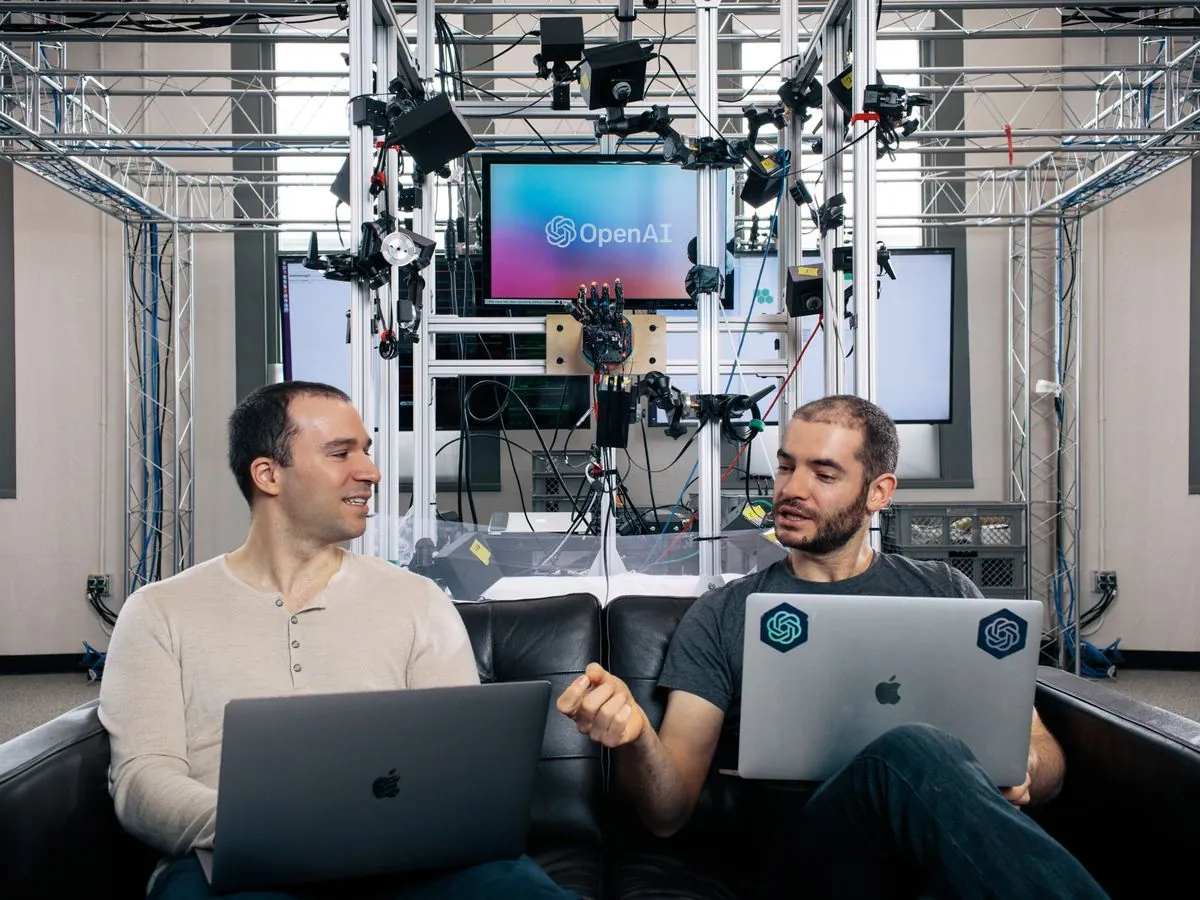OpenAI Secures $6.6 Billion in Funding, Valued at $157 Billion
OpenAI completes a $6.6 billion funding round, reaching a $157 billion valuation. The AI company faces leadership changes and debates over its commercial direction, as it continues to shape the future of artificial intelligence.

OpenAI, the company behind ChatGPT, has secured a $6.6 billion funding round, valuing the artificial intelligence firm at $157 billion. This development marks a significant milestone for the San Francisco-based startup, positioning it among the most valuable private companies globally.
The funding round attracted a diverse group of investors, including Nvidia, MGX from the United Arab Emirates, and SoftBank. Existing backers such as Microsoft, Tiger Global Management, and Thrive Capital also participated, demonstrating continued confidence in OpenAI's potential.
This financial boost comes at a time of transition for OpenAI. The company recently experienced the departure of its chief technology officer, Mira Murati, who played a crucial role in product development. This exit is part of a series of leadership changes that have highlighted internal challenges at the organization.

OpenAI's journey from its inception to its current status as an AI powerhouse is noteworthy. Founded in 2015 as a nonprofit, the organization initially focused on developing artificial general intelligence (AGI) for the benefit of humanity. However, in 2019, OpenAI established a commercial arm to secure the necessary resources for its ambitious AI projects.
The company's flagship product, ChatGPT, launched in late 2022, has been a game-changer in the AI landscape. Within two months of its release, ChatGPT amassed 100 million monthly active users, showcasing the widespread appeal and potential of conversational AI technology.
OpenAI's rapid growth and commercial success have sparked debates within the AI community. Critics argue that the company's shift towards a more profit-driven model may compromise its original mission of ensuring AI benefits all of humanity. The influx of investments from various sources, including those from regions with different governance structures, has intensified discussions about the concentration of AI power and potential ethical implications.
Despite these concerns, OpenAI continues to push the boundaries of AI technology. The company's GPT-3 model, with its 175 billion parameters, has demonstrated remarkable capabilities in natural language processing. Additionally, OpenAI has ventured into other AI domains, including image generation with DALL-E 2 and advanced gaming AI that can outperform humans in complex video games.
OpenAI's influence extends beyond its products. The company has published numerous research papers on AI safety and ethics, contributing to the broader discourse on responsible AI development. Its charter outlines a commitment to developing safe and beneficial AI, although the implementation of these principles in a rapidly commercializing environment remains a subject of scrutiny.
As OpenAI moves forward with its substantial new funding, the AI industry watches closely. The company's ability to balance its commercial interests with its stated mission of beneficial AI development will likely shape the future trajectory of artificial intelligence and its impact on society.
"This investment will accelerate our mission to ensure that artificial general intelligence benefits all of humanity. We remain committed to pushing the boundaries of AI technology while prioritizing safety and ethical considerations."
The coming months and years will be crucial for OpenAI as it navigates the complex landscape of AI development, ethical considerations, and commercial pressures. As the company continues to shape the future of AI, its actions will undoubtedly influence the broader conversation about the role of artificial intelligence in our world.


































